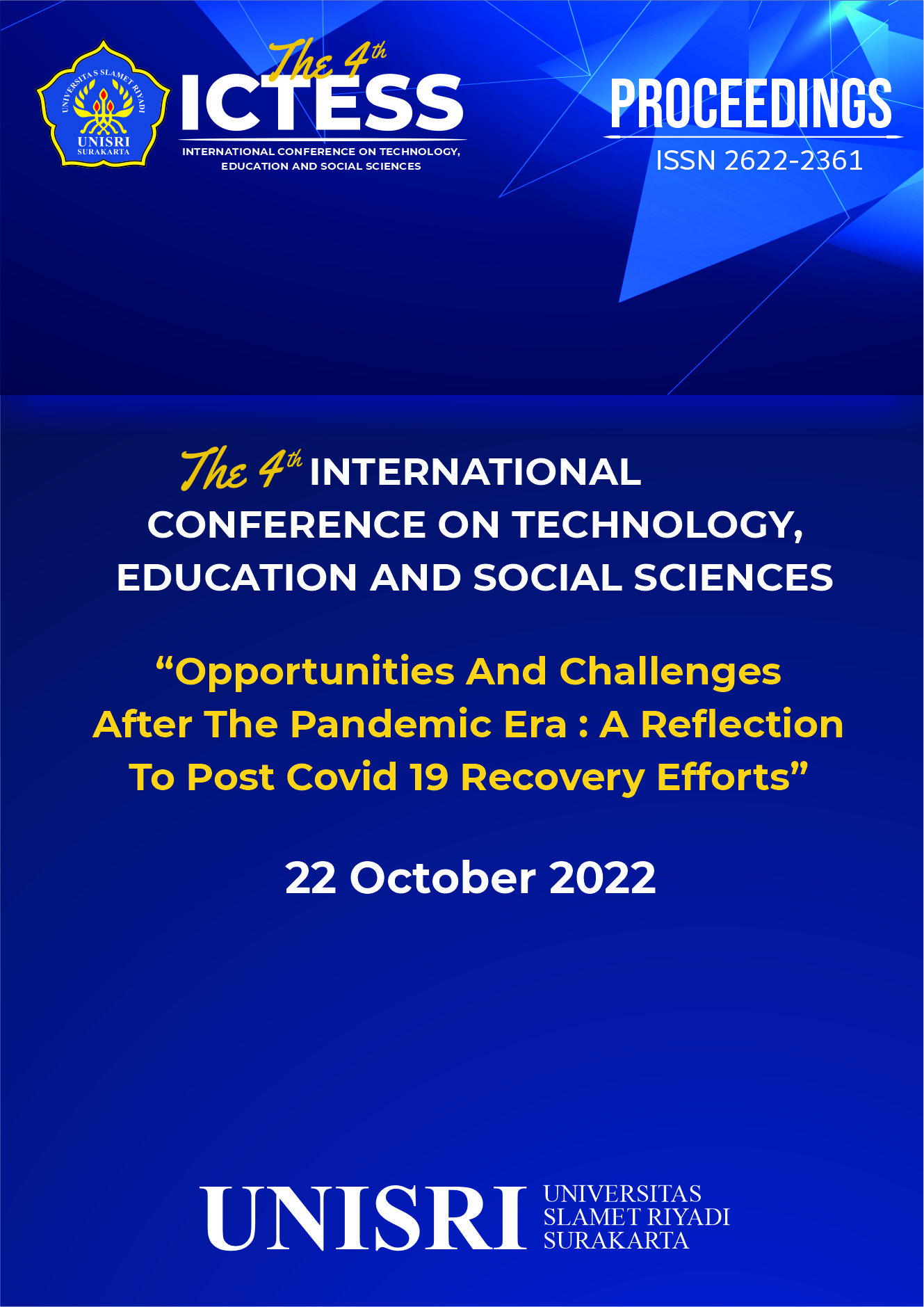EFFECT OF RHIZOBACTERIA ON GROWTH AND PESTICIDE RESIDUE IN CABBAGE (Brassica oleracea var. capitata)
Abstract
Rhizobacteria are a group of bacteria that can increase plant growth and bioremediation.
This experiment aims to determine the interaction of rhizobacteria and NPK Mutiara on
growth, yield, and pesticide residues in cabbage. The experiment was carried out on
andosol soil with an altitude of ± 1450 mdpl and located in Jorong Padang Laweh, Lembah
Gumanti District Solok Regency, West Sumatra. The experiment used a Completely
Randomized Design (CRD) with three replications The treatment is type of rhizobacteria as
without rhizobacteria, Bacillus sp., Stenotrophomonas maltophilia, and Stenotrophomonas
pavanii. The data were analyzed by analysis of variance (ANOVA) based on the F test at
5%. If there is a significant effect, it is continued with Duncan's multiple distance test
(DNMRT) at a 5% confidence level. The results showed that the best of Bacillus sp
increased vegetative growth, while the Bacillus sp S. maltophilia, and S. pavanii could
increase cabbage production, reduce cabbage leaf spot disease and both
Stenotrophomonas sp were able to reduce the content of pesticide residues in cabbage and
in the soil.
Keywords: Bacillus sp; S.maltophilia; S.pavanii; cabbage, residue pesticides

